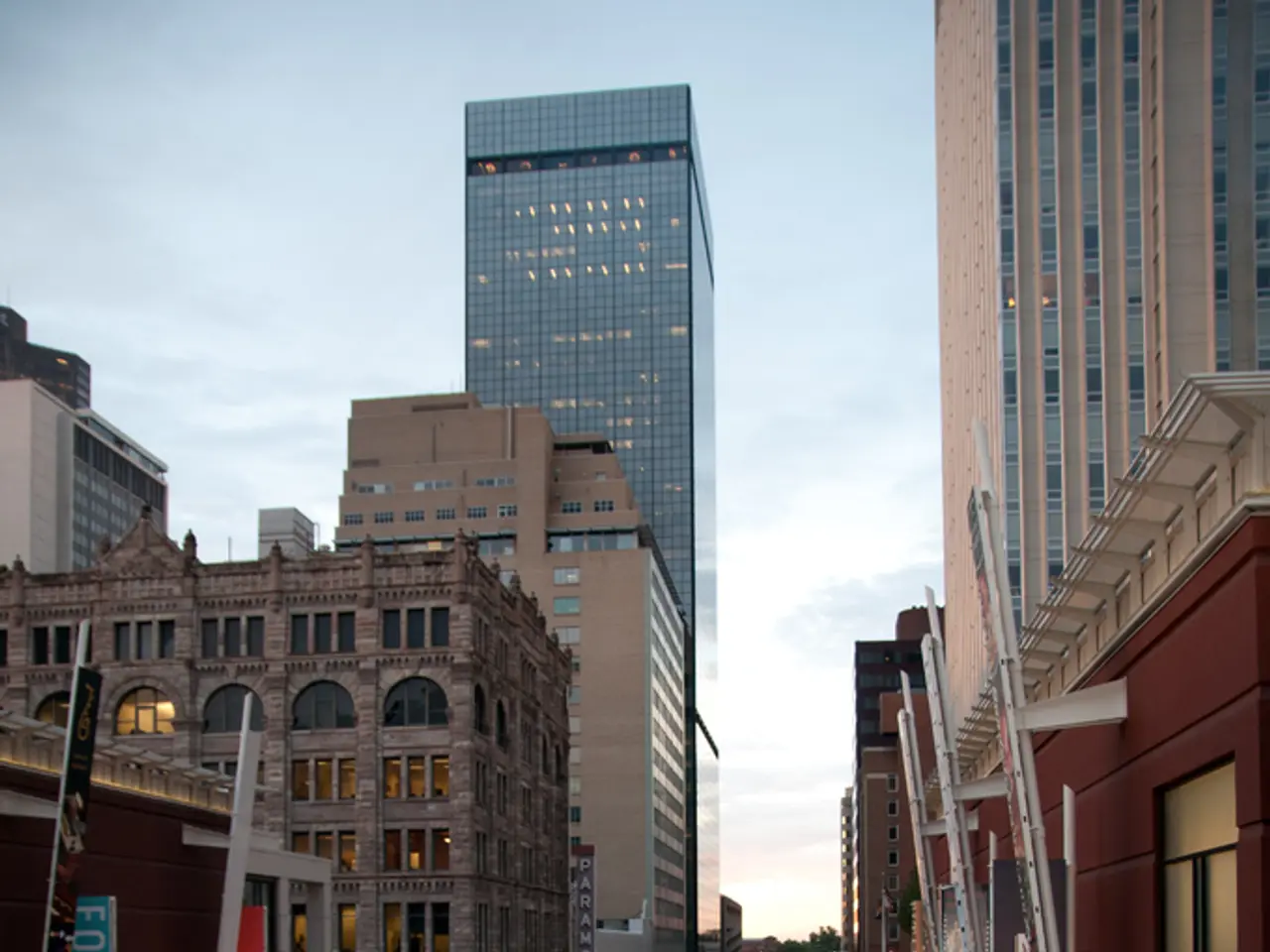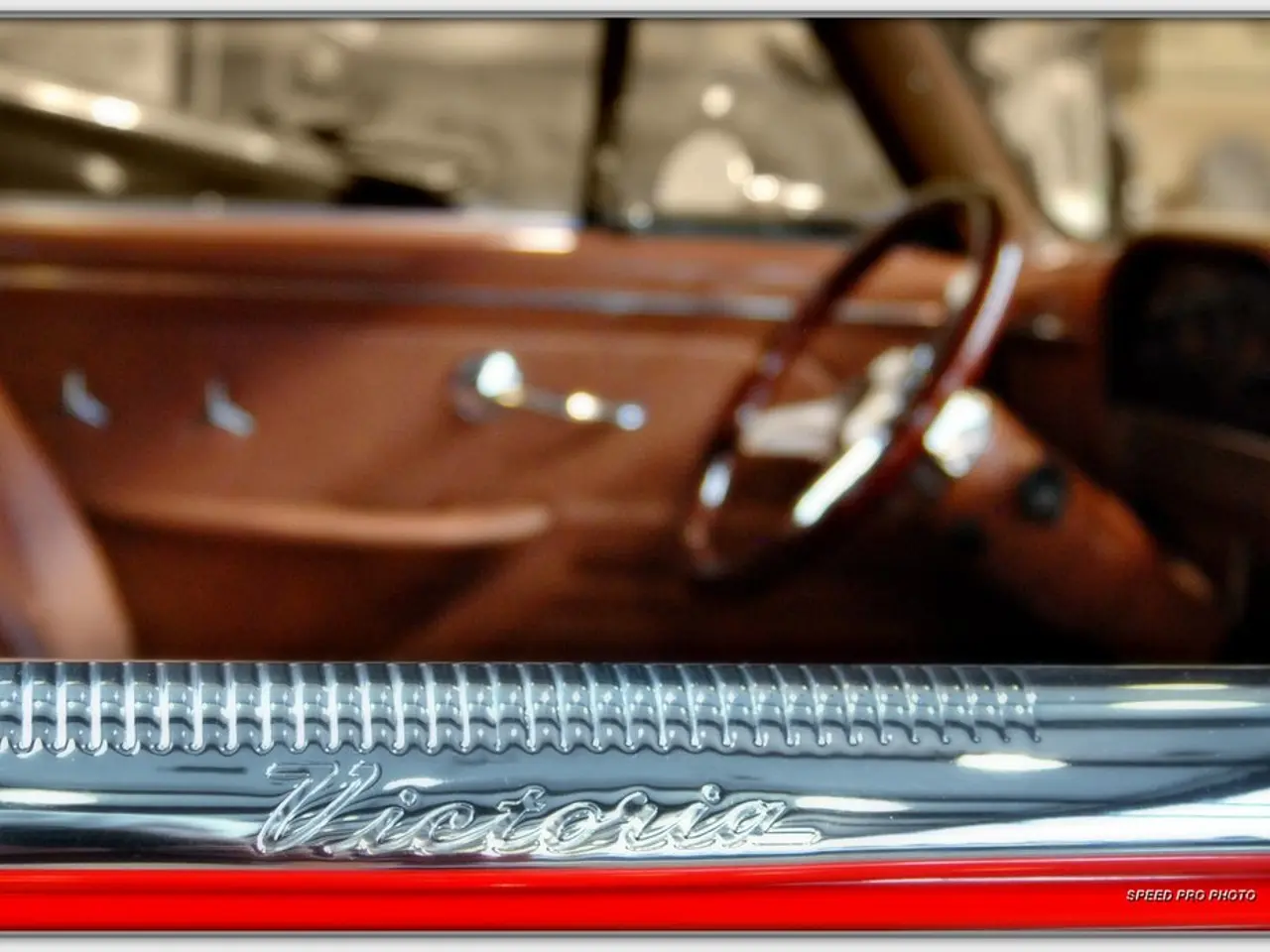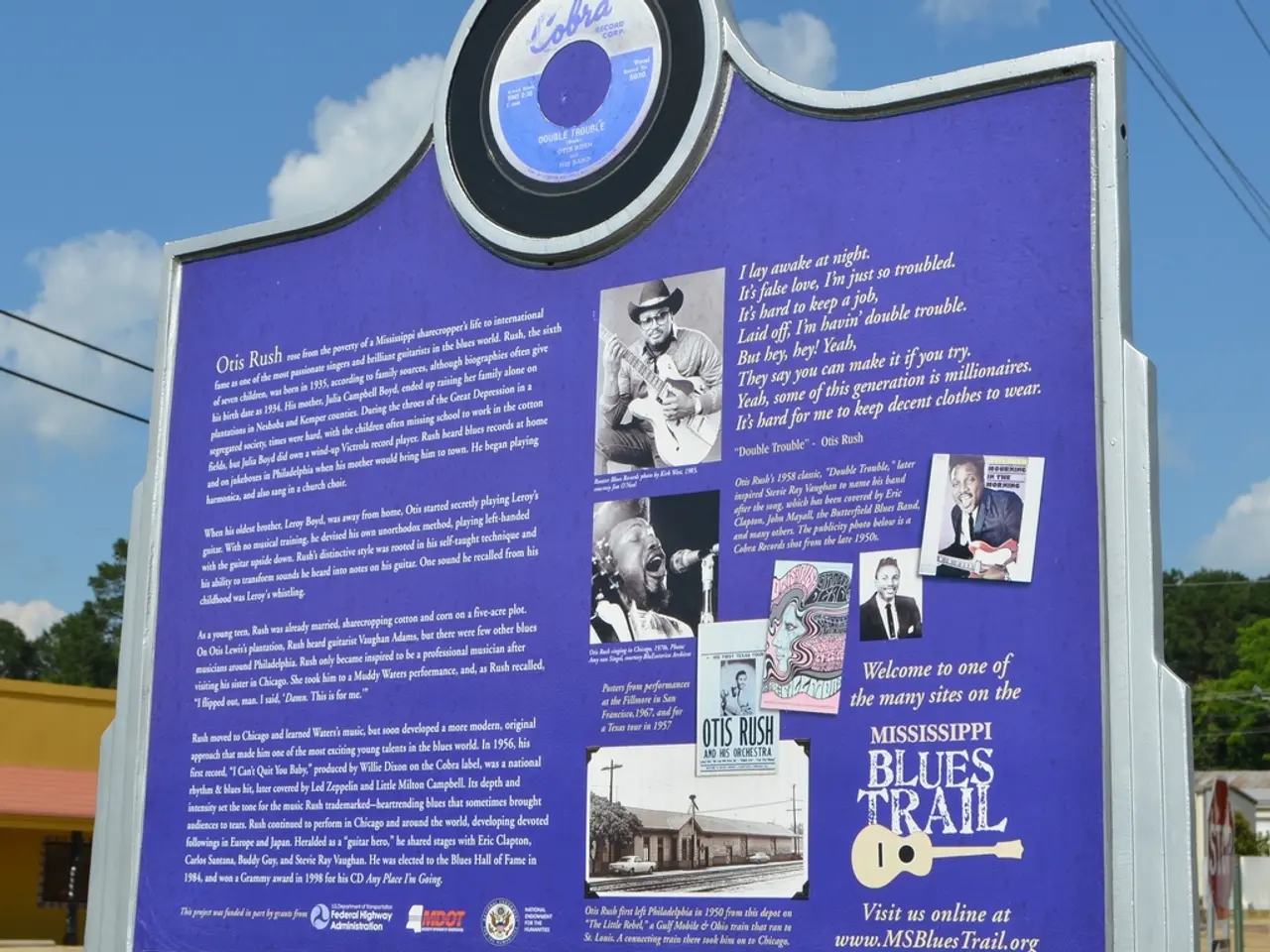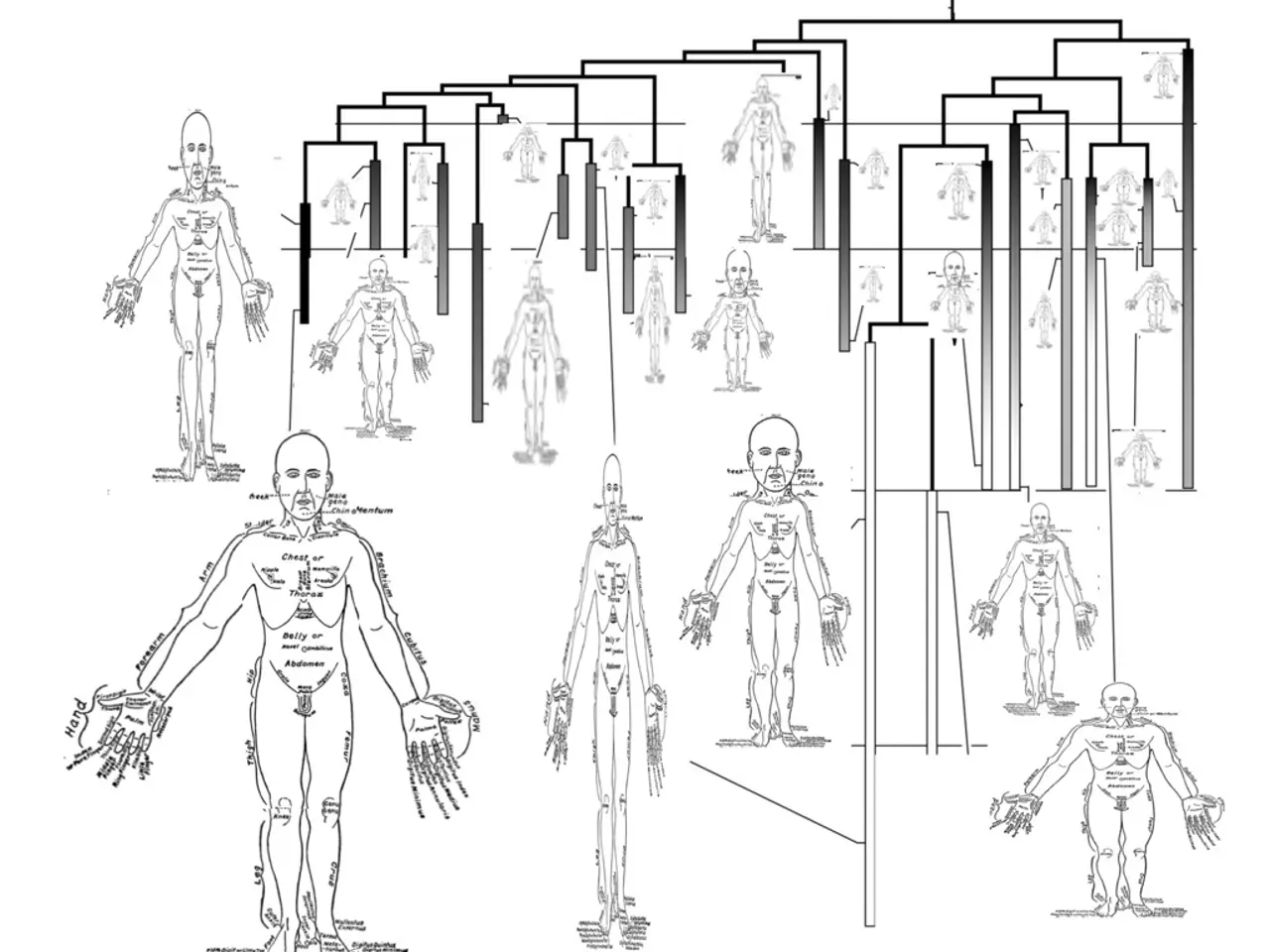Autonomous Vehicle Technology: The Advanced Journey Ahead by Zoox
In the rapidly evolving world of autonomous vehicles, Australian entrepreneur Tim Kentley-Klay's brainchild, Zoox, is making significant strides. Founded in 2013, Zoox's mission is to design, manufacture, and operate a fleet of electric driverless taxis, aiming to revolutionise urban mobility and create a more sustainable future.
Zoox's robo-taxi is designed with the environment in mind, powered by electricity to reduce carbon emissions. The company's self-driving car technology is expected to be revealed in 2020.
Lidar sensors, emitting millions of pulses per second, are used to measure distances to the vehicle's surroundings. These sensors, combined with 360 degrees sensing coverage, enable Zoox's autonomous vehicles to perceive and react to problems on the road faster than human drivers.
Zoox's team, consisting of highly competent developers and engineers, boasts a wealth of experience from tech giants like Google, Tesla, and Apple. The team tests their driverless technology using existing vehicles, such as a Toyota Highlander, with developers and engineers riding these test vehicles in the streets of San Francisco.
The company has raised $360 million in funding so far, positioning it as a formidable player in the self-driving car industry. However, it faces stiff competition from companies like Tesla, Cruise (owned by GM), Argo AI (split between Ford and Volkswagen), and several American autonomous vehicle startups like Aurora, Gatik, and Kodiak.
Chinese companies such as Baidu Apollo also represent major players in the autonomous taxi market globally. Baidu Apollo, for instance, has a large and growing fleet of robotaxis deployed in multiple cities, including fully driverless taxis operating at scale.
In a landscape featuring Tesla's manufacturing and technology scale, traditional automaker-backed startups like Cruise and Argo AI, innovative fleet operators like Aurora and Kodiak in the U.S., and established large-scale Chinese players like Baidu Apollo, Zoox aims to create an advanced mobility experience that supports the future needs of urban mobility for both people and the environment.
Jesse Levinson, Co-Founder and CTO of Zoox, brings computer science expertise and a Ph.D. from Stanford, where he studied under Sebastian Thrun, the first director of Google's self-driving car program. Levinson believes that self-driving cars have the potential to reduce road injuries and fatalities by 95%, with AI needing more time to handle the remaining 5%.
As the self-driving car industry continues to evolve, companies like Zoox are at the forefront of this revolution, promising to change the way we travel and make our roads safer and more environmentally friendly.
Technology is the driving force behind Zoox's mission to create a more sustainable future through the design and operation of electric driverless taxis. The company's autonomous vehicles utilize advanced technology, such as Lidar sensors and 360-degree sensing coverage, to perceive and react to problems on the road faster than human drivers.




